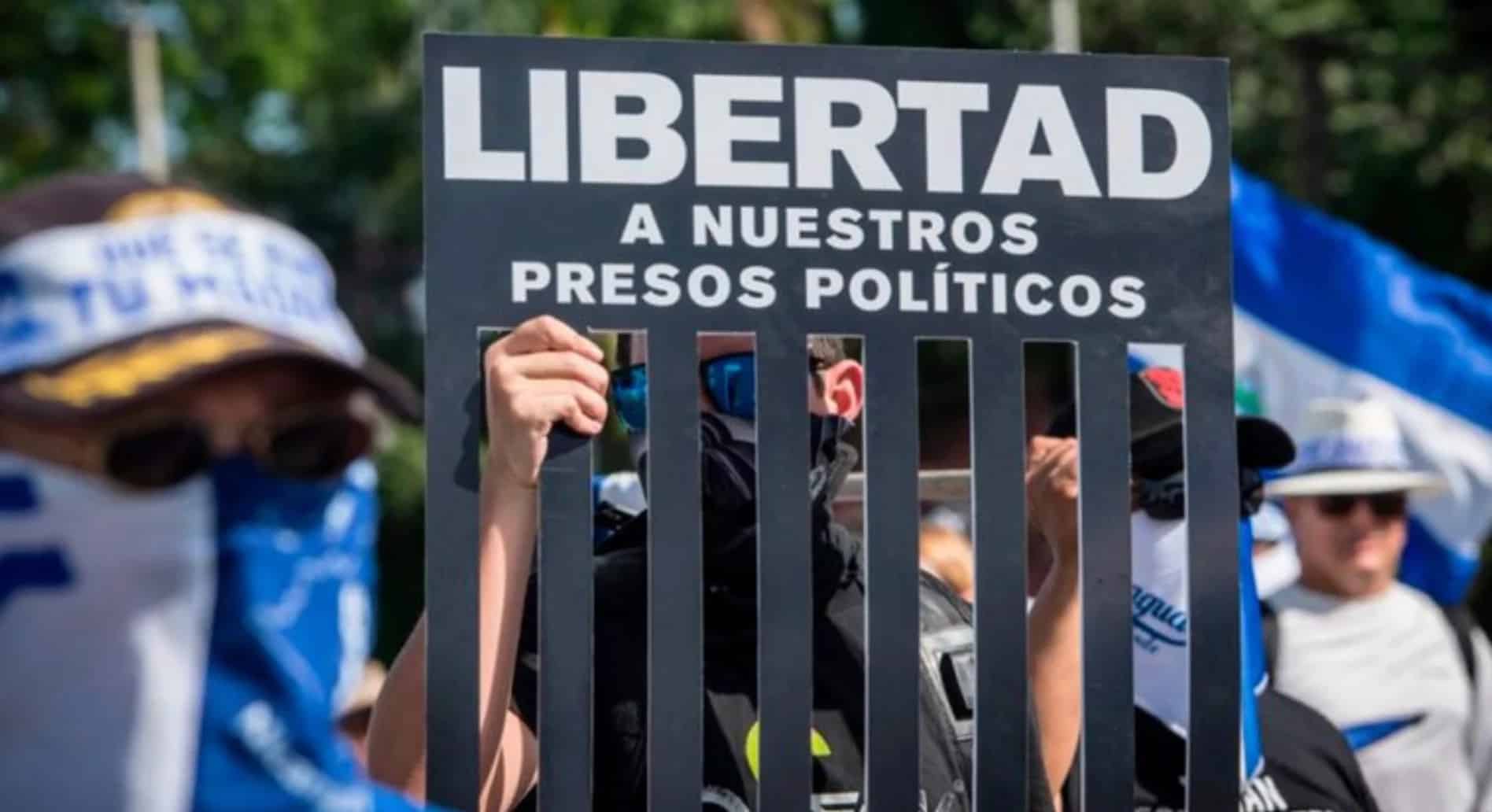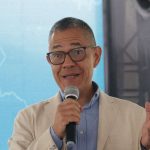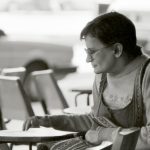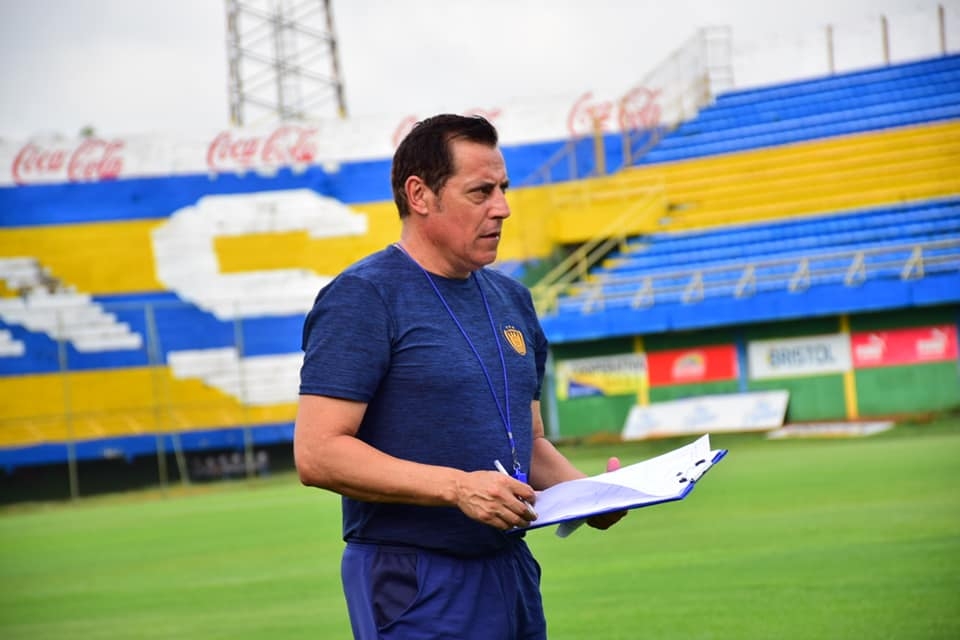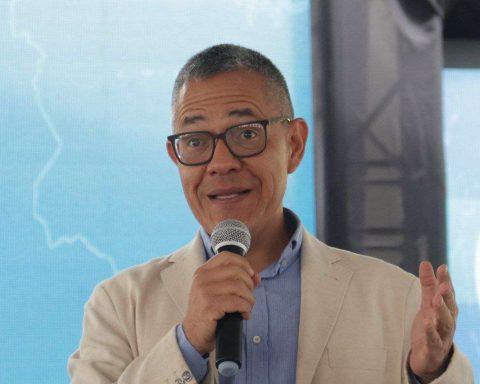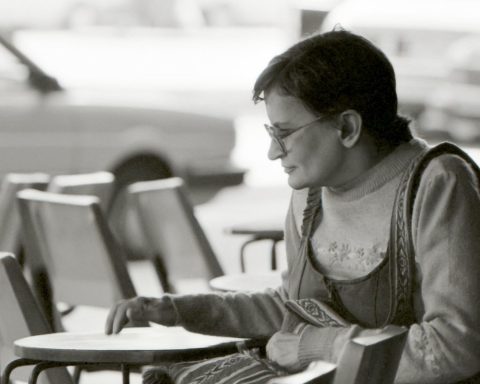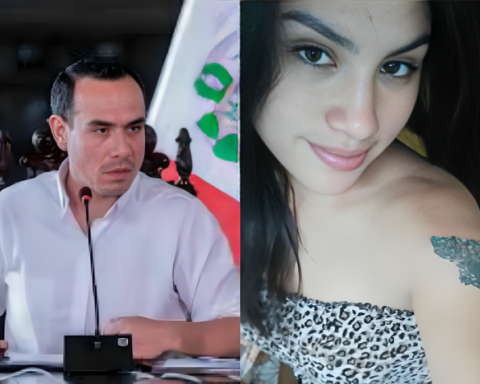With 59 new political prisoners between January and September, 2022 is already the year with the most political prisoners in Nicaragua since the brutal repression and massacre against the April 2018 Rebellion carried out by the regime of Daniel Ortega and Rosario Murillo, according to data from the Mechanism for the Recognition of Political Prisoners, analyzed by CONFIDENTIAL.
The reports of the Mechanism indicate that up to September 2022 there were 219 political prisoners, a figure that reflects an increase of 59 cases in relation to the 160 political prisoners registered up to December 2021. However, the captures continue to be registered in October, so at the end of the year the year-on-year difference could be greater.
The new political prisoners of the regime are relatives of persecuted politicians or opponents who are currently in exile, self-convoked activists and a dozen religious leaders of the Catholic Church.
Priests kidnapped by the regime
The list also includes the Bishop of the Diocese of Matagalpa and Apostolic Administrator of the Diocese of Estelí, Monsignor Rolando Alvarez, Against whom the regime’s Prosecutor’s Office has not yet filed any accusations, but the Police point out that he is “organizing violent groups” and “fostering hatred”, and has remained under house arrest since August 5, first in the Episcopal Curia of Matagalpa, and then in his family’s house in the city of Managua.
The following priests are also imprisoned and accused of conspiring to undermine national integrity: Ramiro Tijerino Chávez, rector general of the Juan Pablo II University; José Luis Díaz Cruz, vicar of the Cathedral of Matagalpa and that of his predecessor Sadiel Antonio Eugarrios Cano, deacon Raúl Antonio Vega, seminarians Darvin Leiva Mendoza and Melkin Centeno, and photojournalist Sergio Cadena Flores. All of them have been in the Judicial Assistance Directorate since August 19, known as El Chipote.
Other political prisoners of the regime is Monsignor Leonard Urbina Rodriguez, parish priest of the Perpetuo Socorro de Boaco church, sentenced to 30 years in prison for the alleged crimes of sexual abuse and rape against a minor under 14 years of age.
In addition, the priest Manuel Salvador García, parish priest of the Jesús de Nazareno church in Nandaime, who was found guilty of assaulting a woman, also imprisoned; and the priest of Mulukukú, Oscar Benavidez, currently being investigated by the Prosecutor’s Office for a “phantom” crime of which the State of Nicaragua recognizes itself as “victim and offended.”
Recaptured and relatives of exiles
The list also includes recaptured political prisoners Yubrank Suazo, 32, and Carlos Alberto Vanegas, 33, both from the city of Masaya. Suazo was sentenced last July to 10 years in prison for allegedly undermining national integrity and remains confined in the Jorge Navarro National Penitentiary System, in the municipality of Tipitapa, known as “La Modelo”. Meanwhile, Vanegas is being prosecuted for alleged robbery with force and is in the Granada Penitentiary System.
The relatives of exiled Gabriel Álvarez were also arbitrarily imprisoned, whom the Police came to look for at his home in Managua on September 13 and, not finding him, captured his wife Jeannine Horvilleur, his daughter Ana Carolina Álvarez Horvilleur and his son-in-law Félix Roiz Sotomayor. Two days later, on the 15th, Freddy Porras was arrested, brother of exiled Dulce Porras. None of the now prisoners had political influence or participation. Their “crime” is being relatives of Álvarez and Porras.
The regime’s justice system accuses the relatives of the exiles of alleged conspiracies and the alleged spread of false news. His trial began this Tuesday, October 18, after just over a month of confinement. They have not even been allowed to interact with a lawyer who fulfills the obligation to provide them with an appropriate legal defense.
Other political prisoners captured last September are: Gabriel Alfonso López, 34 years old; Javier Álvarez Arguello, 60; Orlando Campos, 70; Raúl Oporta León, 59; and Hugo Ramón Rodríguez, 62. All in El Chipote prison, prosecuted for alleged conspiracy.
The Mechanism’s list also protects the identity of 25 political prisoners, of which 21 are men and 4 are women, at the express request of their relatives who fear reprisals by the Ortega regime.
In addition, on October 13, the priest Enrique Martínez Gamboa, 64, but his name still does not appear on the list of the Mechanism. The priest is also being held in El Chipote.
Captures in 2021
The increase in the list of political prisoners has been noticeable since December 2021, when the Ortega regime accumulated 160 prisoners of conscience, a figure higher than the 110 political prisoners registered the previous year.
Among the 50 political prisoners captured in 2021, seven presidential candidates stand out. In addition, political and social leaders, journalists and human rights defenders locked up in the context of the electoral process and who since then have remained isolated in the Judicial Assistance Directorate.
Previously, in December 2020, the number of political prisoners in Nicaragua experienced a decrease compared to previous years. Then, 110 prisoners of conscience were registered, 38 fewer than the 148 reported in December 2019.
Self-amnesty law left crimes in impunity
Precisely, 2019 was the year in which the list of political prisoners decreased the most, going from 674 prisoners of conscience at the end of 2018 to a total of 148 in 2019. This situation is explained by the entry into force of the self-amnesty law of the Ortega and Murillo regime in June of that year.
The regime’s self-amnesty law forced the release of 526 political prisoners in 2019, but it still left the crimes committed by Ortega in impunity, among which the more than three hundred murders registered against the citizen protests of 2018 stand out, several documented by the Inter-American Commission on Human Rights (IACHR), whose Interdisciplinary Group of Independent Experts (GIEI) concluded the commission of crimes against humanity, in December of that year, before being expelled by the dictatorship that almost three years later announced its departure from the Organization of American States (OAS).
